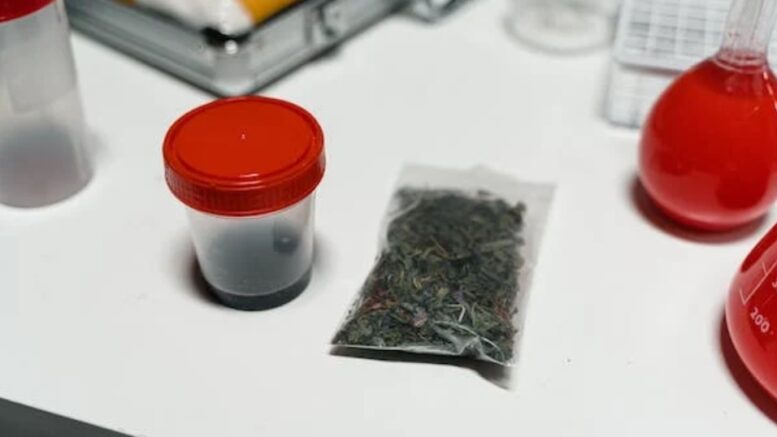Medicinal cannabis has been used for centuries to treat various medical conditions, and in recent years it has gained popularity as a treatment for stress and anxiety. While some people still view cannabis as a recreational drug, the scientific community has begun to recognize its potential as a therapeutic agent.
The Science Behind Medicinal Cannabis
Cannabis contains over 100 chemical compounds known as cannabinoids, which interact with receptors in the body’s endocannabinoid system. This system plays a role in regulating various physiological processes, including pain, mood, and appetite.
Some of the most well-known cannabinoids found in cannabis include THC (tetrahydrocannabinol) and CBD (cannabidiol). THC is the psychoactive compound responsible for the “high” associated with marijuana use, while CBD is non-psychoactive and is being studied for its potential medical benefits. Other cannabinoids found in cannabis include CBG (cannabigerol), CBC (cannabichromene), and CBN (cannabinol), among others. The specific ratio of cannabinoids in a given strain of cannabis can have varying effects on the user, with some strains being more uplifting and energizing while others are more relaxing and sedating.
Effects of Medicinal Cannabis on Stress Relief
Stress is a normal part of life, but chronic stress can have a negative impact on our mental and physical health. Traditional treatments for stress and anxiety, such as benzodiazepines and antidepressants, can be effective but also have a range of side effects.
Fortunately, there are many natural remedies and lifestyle changes that can help reduce stress levels and promote relaxation. Examples include exercise, meditation, deep breathing techniques, aromatherapy, and herbal supplements like valerian root and chamomile. It’s important to find what works best for you and to make stress management a priority in your daily routine to maintain good overall health and well-being.
Additionally, seeking support from friends, family, or a therapist can also be helpful in managing stress. Practicing good self-care habits, such as getting enough sleep, eating a balanced diet, and taking breaks when needed, can also contribute to reducing stress levels. By incorporating these natural remedies and lifestyle changes into your daily routine, you can take control of your stress and improve your overall quality of life.
Potential Benefits and Risks
While there is growing evidence to suggest that medicinal cannabis may be effective in treating stress and anxiety, there are also potential risks associated with its use.
Therefore, it is important for individuals to consult with a healthcare professional and carefully consider the potential benefits and drawbacks before using medicinal cannabis as a treatment option for stress and anxiety. Additionally, it is crucial to obtain cannabis products from a reputable source like risedispensary.com.au and to follow dosage guidelines to avoid any potential adverse effects.
Furthermore, it is important to note that medicinal cannabis is not a cure-all solution and should be used in conjunction with other stress and anxiety management techniques, such as therapy, exercise, and lifestyle changes. It is also important to regularly reassess the effectiveness of medicinal cannabis as a treatment option and make adjustments as necessary. Ultimately, the decision to use medicinal cannabis as a treatment option for stress and anxiety should be a well-informed and carefully considered choice made in consultation with a healthcare professional.
Conclusion
Medicinal cannabis has the potential to be an effective treatment for stress and anxiety, but more research is needed to fully understand its therapeutic properties and potential risks. Those considering using medicinal cannabis should discuss their options with a healthcare professional and carefully weigh the potential benefits and risks before making a decision.
